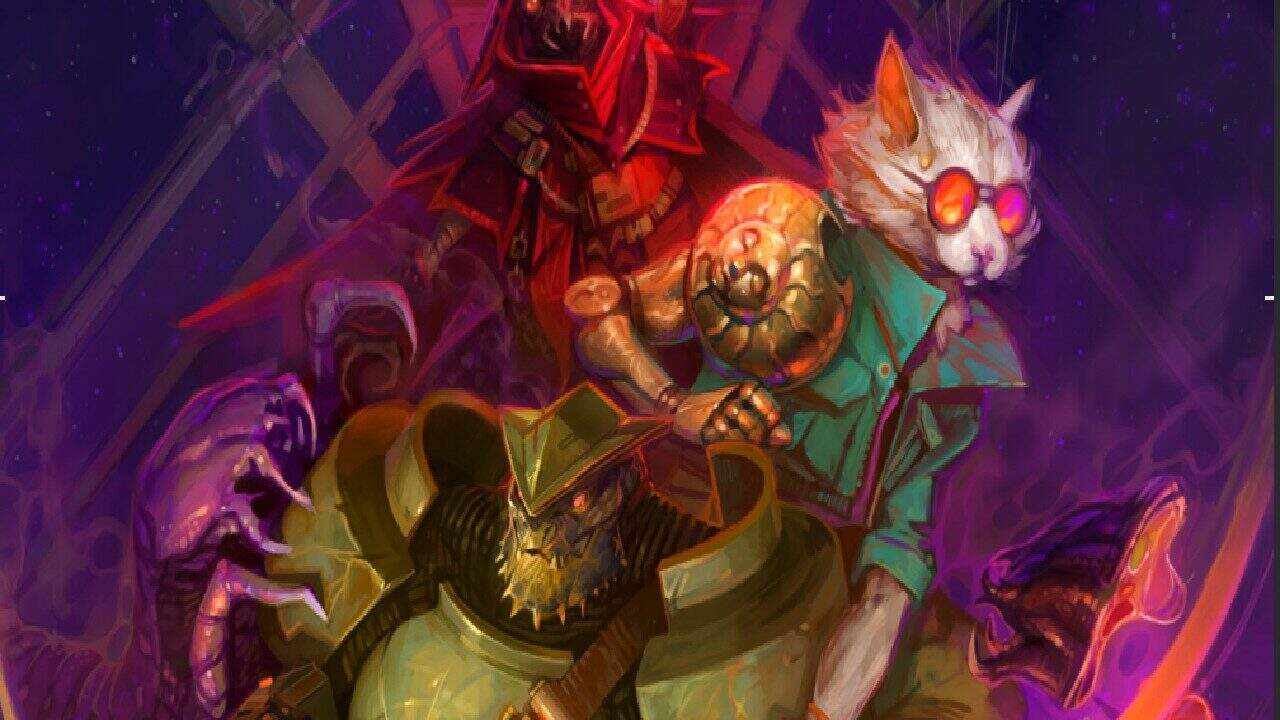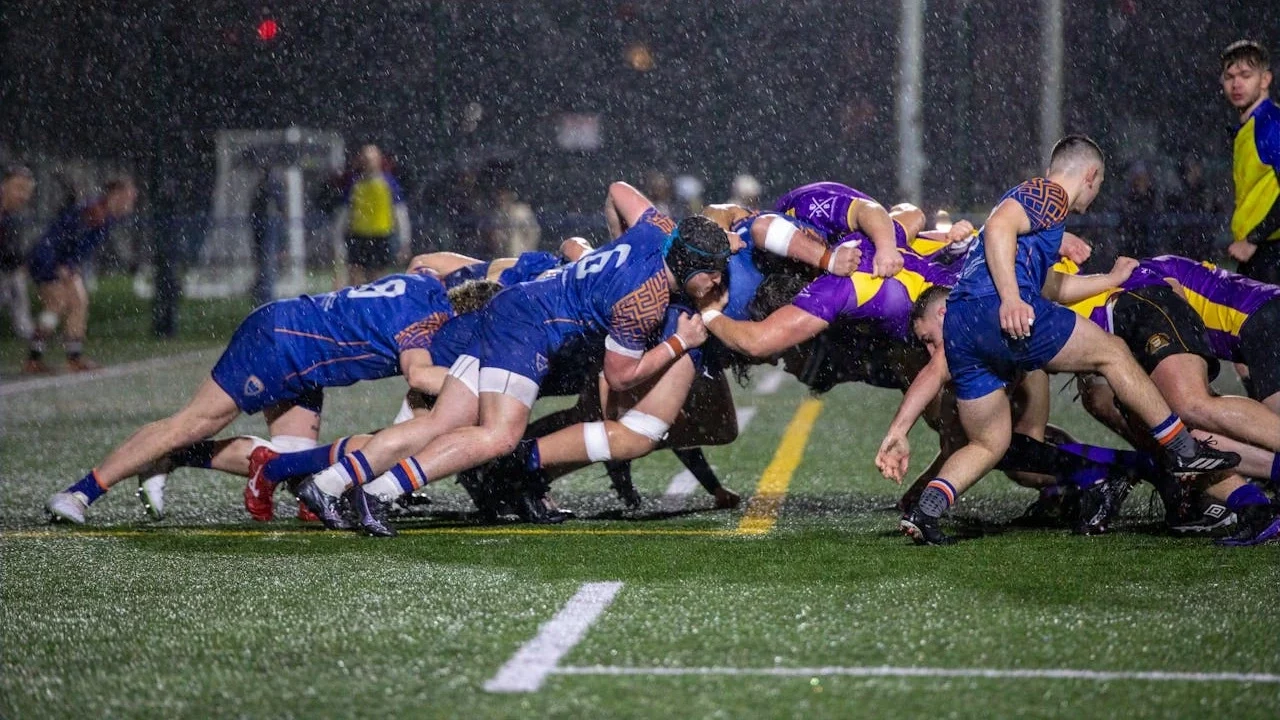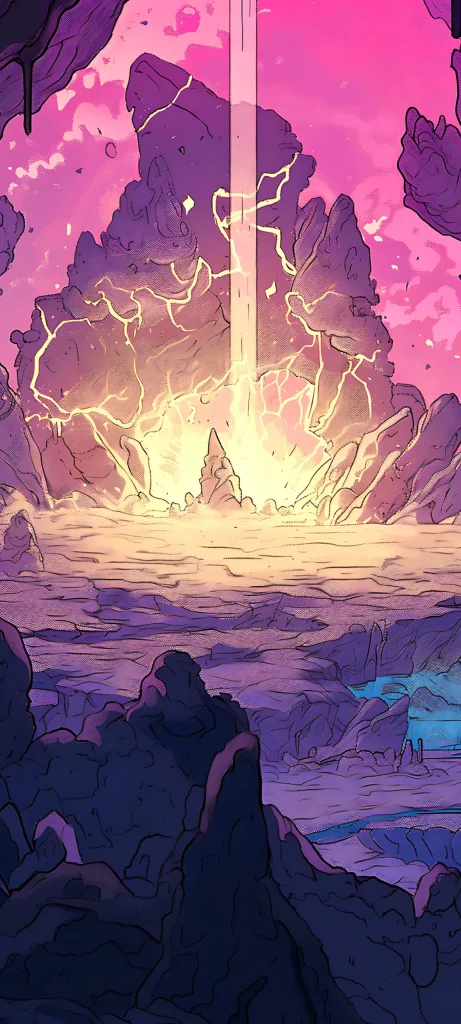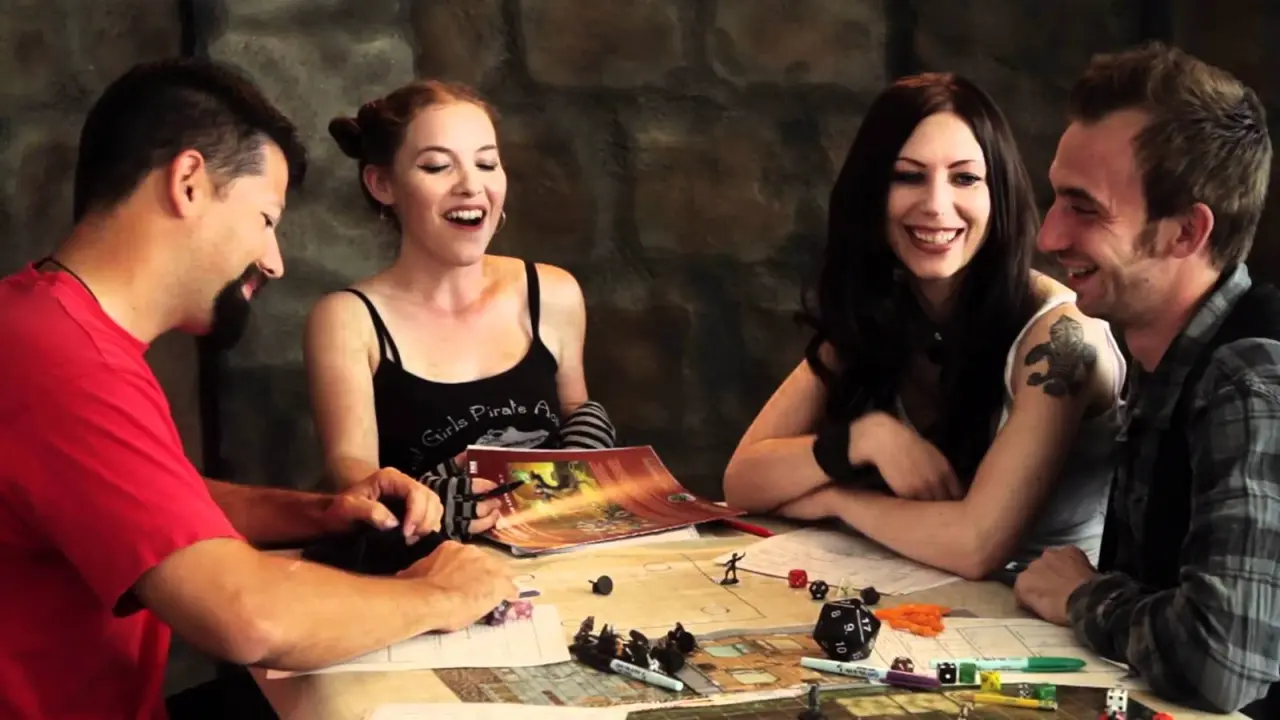
How To Start Playing D&D? When I first started playing Dungeons & Dragons, I felt overwhelmed by all the rules, dice, and terminology. But here's what I discovered: you don't need to understand everything to begin having fun. Since it's not a competitve game, mistakes don't ruin everyone's fun. Let me walk you through starting D&D in a way that makes sense, building from the absolute basics to your first adventure.
Understanding the Fundamentals
Think of D&D as collaborative storytelling with rules. Imagine you're reading a fantasy novel, but instead of just following the story, you're actively creating it with friends. The rules exist to give structure to your imagination and add exciting elements of chance.
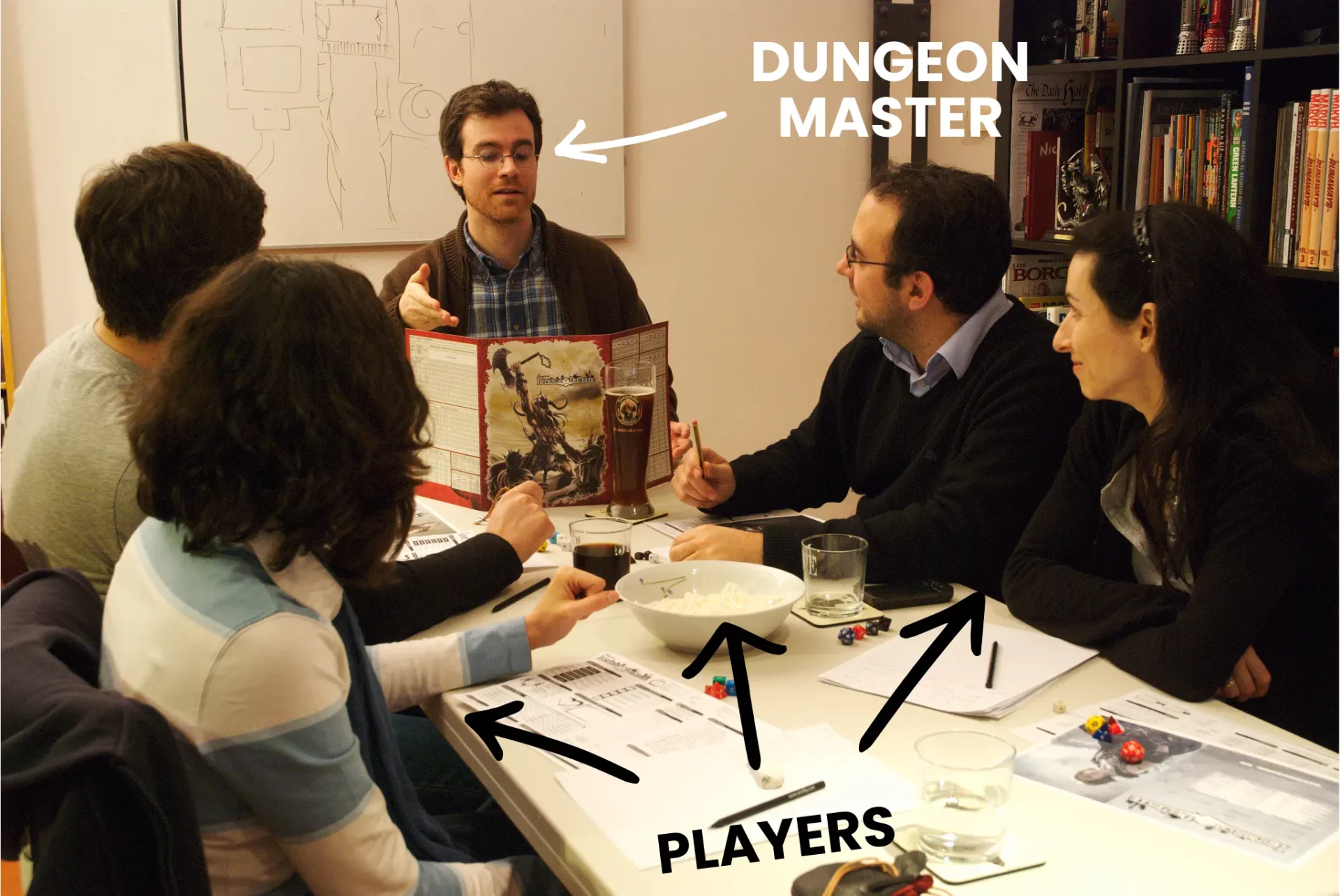
The Three Core Components
The Players: Most people start as players. You create a character and make decisions about what they do in the story. Think of it as being an actor who also writes their own lines.
The Dungeon Master (DM): They're like the director and screenwriter combined. The DM describes the world, plays all other characters, and helps interpret the rules. Don't worry about being a DM yet - we'll discuss that later.
The Rules: These provide the framework for what's possible in the game. The basic rules are free, and they're simpler than you might think.
Getting Started: What You Actually Need
Let's break down the essential tools you'll need to begin:
| Item | Purpose | Cost | Where to Get It |
|---|---|---|---|
| Basic Rules | Core gameplay understanding | Free | D&D Beyond website |
| One set of dice | Making game decisions | $8-15 | Local game store |
| Character sheet | Tracking your hero | Free | D&D Beyond |
| Pencil & paper | Taking notes | Minimal | Any store |
Depending on where you start playing, you might not even need dice. This is especially true if you play at a local game shop, as they usually provide all the necessary elements (and expertise) to introduce you to the game and ensure you have a great experience.
If you would like to know more, we made a blog post on how much it costs to play tabletop roleplaying games.
Understanding Your Dice
The dice question often confuses newcomers, so let's clarify. You'll need one set of polyhedral dice, which includes:
• A twenty-sided die (d20) for skill checks and attacks
• A twelve-sided die (d12) for certain weapons
• A ten-sided die (d10) for percentages and some spells
• An eight-sided die (d8) for medium weapons and some spells
• A six-sided die (d6) for small weapons and some spells
• A four-sided die (d4) for tiny weapons and some spells
The picture below shows the dice necessary to play. Don't overthink it though, if your first game is with someone who already played, they can explain that easily. Also, characters usually don't use all types of dice. The most important one is the twenty-sided die as you'll use it most of the time, the rest is secondary.
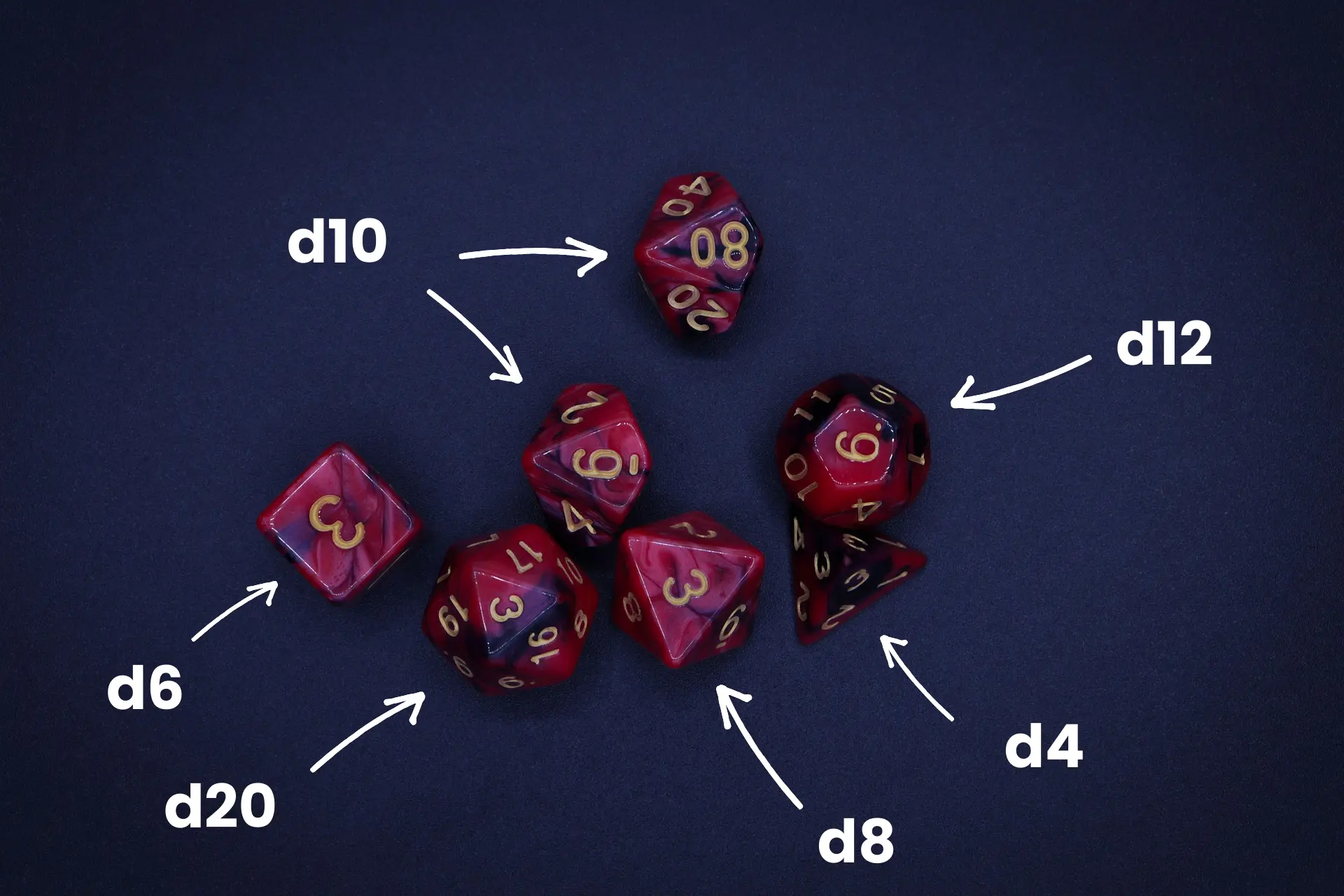
Finding Your First Game
Finding a group is easier than ever before. Here are your options, ranked from beginner-friendly to more advanced:
- Local Game Stores: Many run beginner-friendly sessions where you can:
- Learn from experienced players
- Use pre-made characters
- Meet other new players
- Online Platforms: Websites like Roll20 offer:
- Virtual tabletops
- Built-in voice chat
- Automated character sheets
- Friend Groups: Starting with friends means:
- A more relaxed environment
- Shared learning experience
- Flexible scheduling
We highly recommend starting as a player, either at a local game store or on online platforms, to gain some experience and references. Of course, you can jump straight into being a Game Master for your friends, but it’s a challenging role. You’ll need to handle the rules, character creation, and narration all on your own. Fortunately, there are tools to make things easier, like DnDBeyond for managing character sheets or, my personal favorite, aidedd.org.
As for the online platform, you can find groups to join by asking on Reddit. Similar groups also exist on Facebook, Discord, etc.
Taking Your First Steps as a Game Master
If you're interested in becoming a DM, start with the D&D Starter Set. It includes:
• A pre-written adventure
• Basic rules
• Pre-made characters
• All necessary dice
The included adventure, "Lost Mine of Phandelver," is specifically designed for new DMs and players. It teaches you the basics while telling an engaging story. Bonus point: we made a full soundtrack for it, freely available on Spotify.
What if I Make Mistakes?
Making mistakes is part of learning. Focus on having fun - the rules will come naturally with time. Remember, even experienced players still check the rulebook occasionally. Other players will be happy to help you whenever you need it.
Next Steps in Your D&D Journey
As you become more comfortable with the basics, you can explore:
- Additional character options. We made great blog posts on how to add depth to your characters.
- More complex rules
- Creating your own adventures
- Different playing styles
Conclusion: Your Adventure Begins
Starting D&D is like learning any new hobby - take it step by step, and don't feel pressured to know everything at once. Begin with the basics we've covered here, and let your knowledge grow naturally through play.
Join our community Discord server for personalized help getting started!

